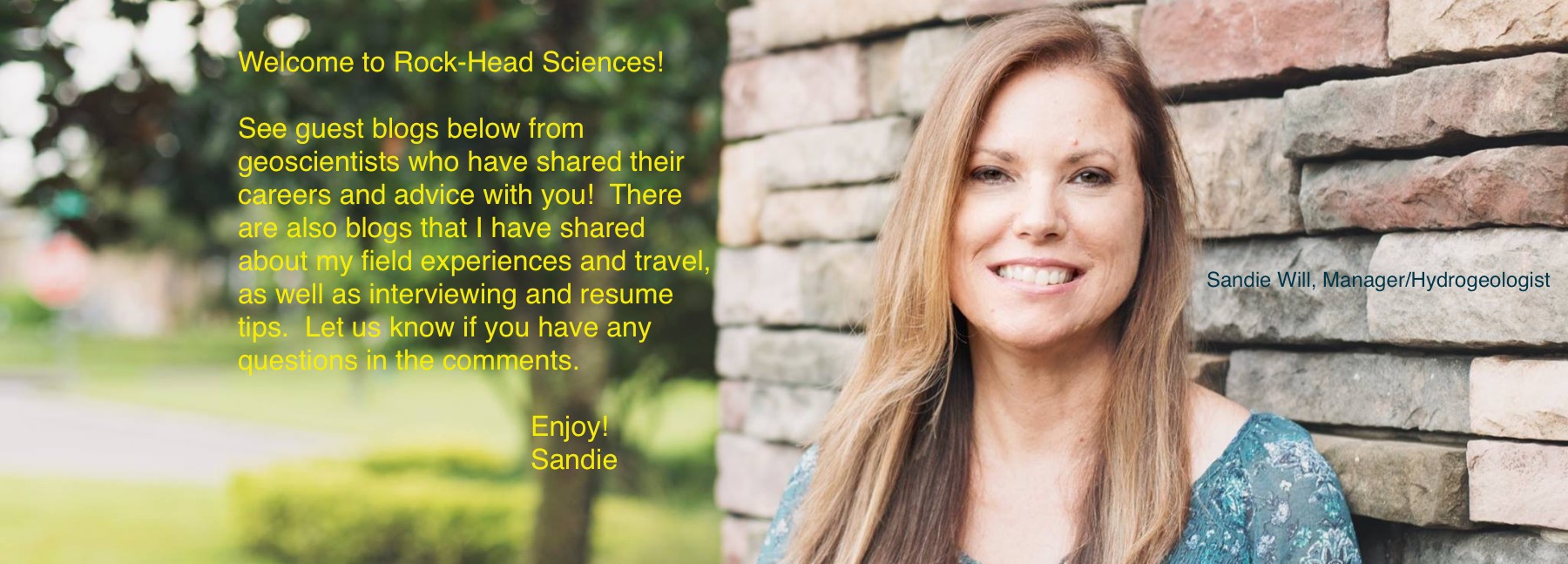NAME: Kerry Reid
CURRENT TITLE: PhD student
AREA OF EXPERTISE: Volcanic degassing, lava lakes
YEARS OF EXPERIENCE: 2 years of PhD research
EDUCATION: PhD in Volcanology (The Open University); MSc in Volcanology (University of Bristol, United Kingdom); BSc (Hons) in Physical Geography
WEBSITE: http://www.open.ac.uk/people/kr6473
TWITTER: @Kerry_Reid21
What’s your job like?
My PhD is awesome. Climbing up volcanoes and peering into lava lakes — what’s not to love?! For my PhD, I am working on the Masaya Volcano in Nicaragua. It is an active volcano which is almost constantly churning out a cocktail of toxic gases. In the past, the degassing has reached crisis levels leaving the people that live downwind from the volcano vulnerable to crop failures, water contamination and health implications. My research is to monitor the degassing levels and figure out the different factors which contribute to the rate of degassing.
What’s a typical day like?
If you ask any PhD students, they will most likely agree that days can be fairly variable, which I think is one of the best parts of a PhD! Earlier on in my PhD, I spent most of my time familiarising myself with the literature. Now that I am entering my third year, I have reached the exciting/scary phase — writing up! So the vast majority of days involve a combination of plotting up data (also known as shouting at ArcGIS and pieces of code!) and starting to interpret my data. I also have a few conferences coming up, so I have been working on presentations for them.
What’s fun?
Definitely the best part of being a PhD student is your fieldwork! The feeling of exhaustion/relief/happiness after a hard days graft in the field collecting data is great — mainly because of the cold beer reward! I also love the freedom and flexibility of a PhD, because you never know what avenue it is going to take you down next!
What’s challenging?
If there is one thing I have learnt about research, it’s that it’s never going to be smooth. I have had my fair share of bumps along this PhD journey. Field work can be challenging. For example, one day I was pulled over by the Nicaraguan police, as they believed I was part of some sort of elaborate drug smuggling scheme and my spectrometers were full of cocaine … that was awkward and soon made me realise I needed to improve on my Spanish skills! Oh, and not to forget, the zopilotes (vultures) — it turns out that they are quite fond of stealing my kit and dropping my diffusion tubes into the crater. I think in all seriousness, the most difficult part of a PhD is the self management. Setting your own deadlines and managing your time efficiently can be really daunting at first.
What’s your advice to students?
A PhD will be the greatest and most challenging thing you will do. I, at times, have found it pretty brutal, but I think it’s all about making the most of your experiences. Try not to get caught up on the negatives and grab onto every opportunity you get, whether that is training sessions, conferences, field work or networking opportunities. It’s quite easy to get wrapped up in your little research bubble, but you need to get yourself out there and make sure you are employable at the end of it!





